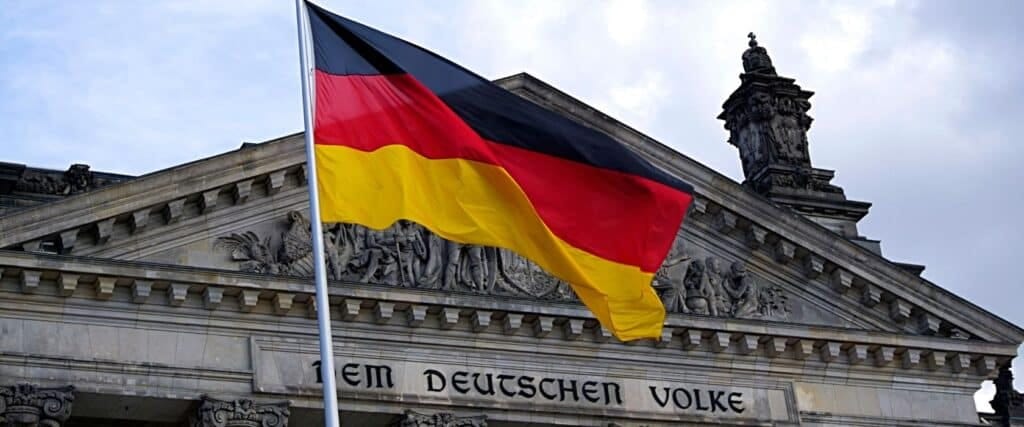Get an Experiential Education at the Rotterdam School of Management
Rotterdam School of Management, Erasmus University (RSM) connects theories with actions through experiential education. The school ensures students acquire knowledge and develop pragmatic skills through active, real-world participation, shaping them into future change-makers.







